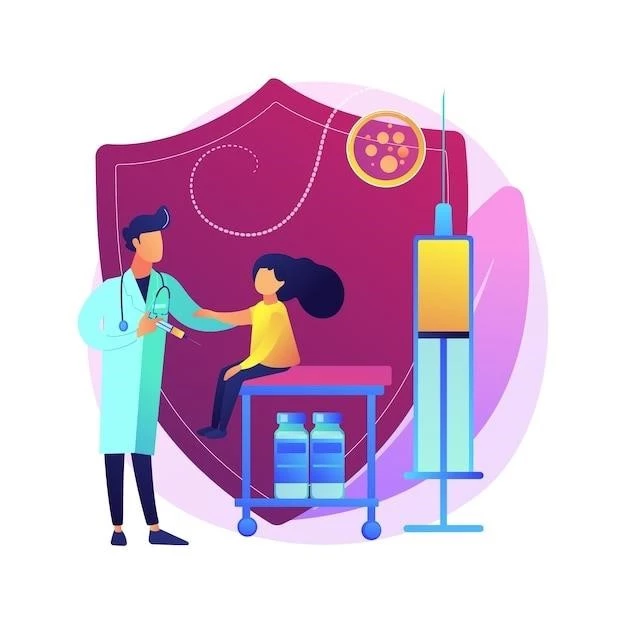Symptoms of Cortes-Lacassie syndrome
Common signs⁚ Facial dysmorphism, developmental delay, and intellectual impairment.
Key Symptoms to Look Out For
Distinctive features⁚ Narrow forehead, low-set ears, thin upper lip, and micrognathia are common facial characteristics observed in individuals with Cortes-Lacassie syndrome.
Causes of Cortes-Lacassie syndrome
Genetic origins⁚ Cortes-Lacassie syndrome is caused by mutations in the KAT6B gene.
Genetic Mutation
The syndrome is linked to mutations in the KAT6B gene, impacting normal development and leading to the characteristic features seen in individuals with Cortes-Lacassie syndrome.
Diagnosis of Cortes-Lacassie syndrome
Evaluation process⁚ Diagnosis involves genetic testing and clinical assessment.
Evaluation Process
A comprehensive evaluation for Cortes-Lacassie syndrome includes genetic testing to detect mutations in the KAT6B gene and a clinical assessment to identify characteristic physical and developmental features associated with the syndrome.
Treatment options for Cortes-Lacassie syndrome
Management Approaches⁚ Therapies target symptoms, focusing on developmental and cognitive support.
Management Approaches
Individuals with Cortes-Lacassie syndrome benefit from tailored therapies addressing developmental delays, intellectual challenges, and specific medical needs. Early intervention and multidisciplinary care play a crucial role in enhancing quality of life for affected individuals.
Research updates on Cortes-Lacassie syndrome
Current Studies⁚ Ongoing research focuses on understanding the syndrome’s genetic mechanisms.
Current Studies and Findings
Recent research on Cortes-Lacassie syndrome has uncovered new insights into the genetic underpinnings and potential treatment avenues. Studies are focused on improving diagnostic methods and developing targeted interventions to enhance the quality of life for individuals affected by the syndrome.

Prognosis of Cortes-Lacassie syndrome
What to Expect⁚ The prognosis varies based on the individual’s symptoms.
What to Expect
Expectations for individuals with Cortes-Lacassie syndrome depend on the severity of their symptoms. Early intervention, consistent medical care, and therapeutic support can help improve outcomes and enhance quality of life. It’s important to work closely with healthcare providers to manage the condition effectively.
Support groups for Cortes-Lacassie syndrome
Community Resources⁚ Connecting with support networks can provide valuable assistance.
Community Resources
Community resources offer vital support for individuals and families affected by Cortes-Lacassie syndrome. Support groups, online forums, and specialized organizations can provide valuable information, emotional encouragement, and a sense of community for those navigating the challenges associated with the syndrome.
Living with Cortes-Lacassie syndrome
Quality of Life Considerations⁚ Strategies for enhancing well-being and independence.
Quality of Life Considerations
Enhancing the quality of life for individuals with Cortes-Lacassie syndrome involves a multidisciplinary approach encompassing medical care, educational support, and therapies tailored to individual needs. Empowering individuals with the syndrome through skill development and fostering independence are key aspects of promoting their overall well-being and quality of life.
